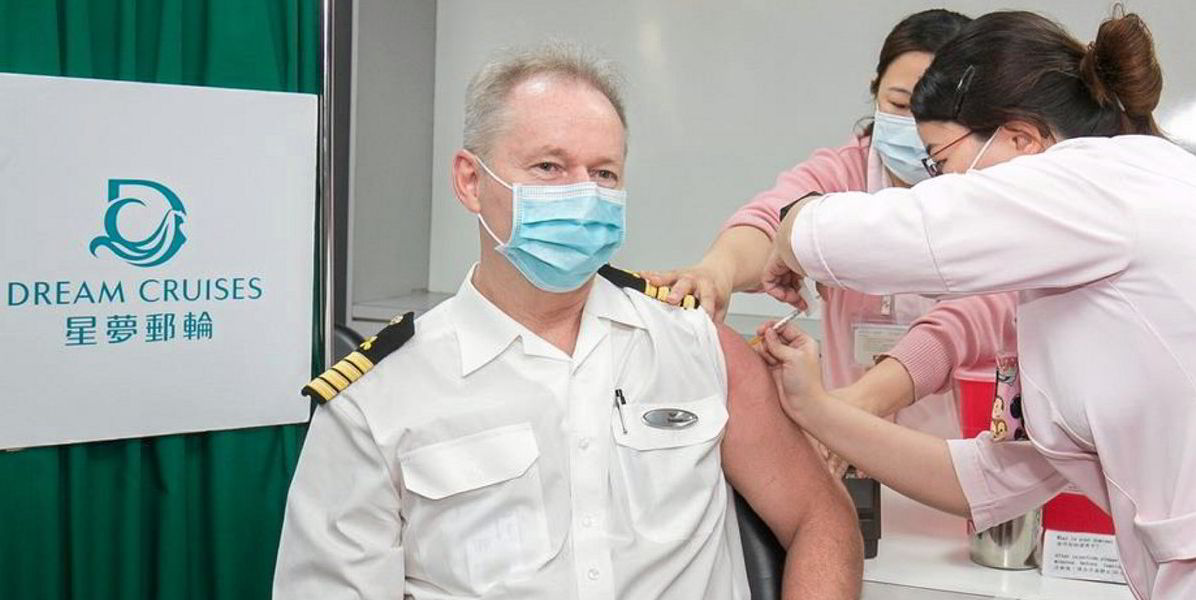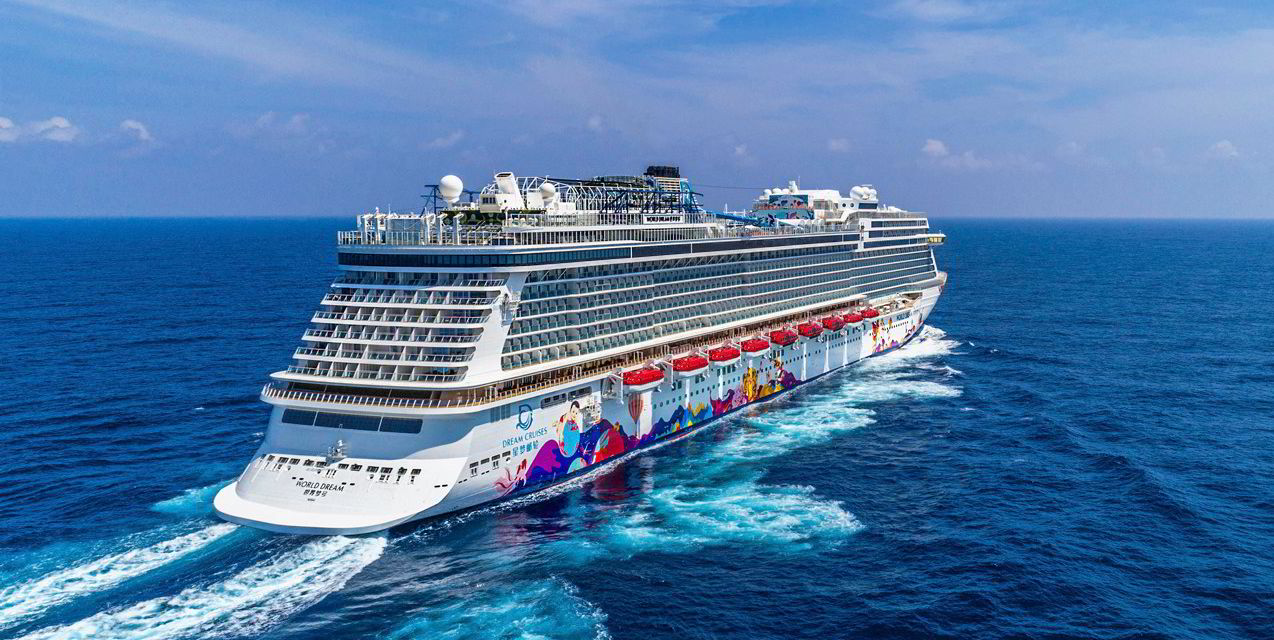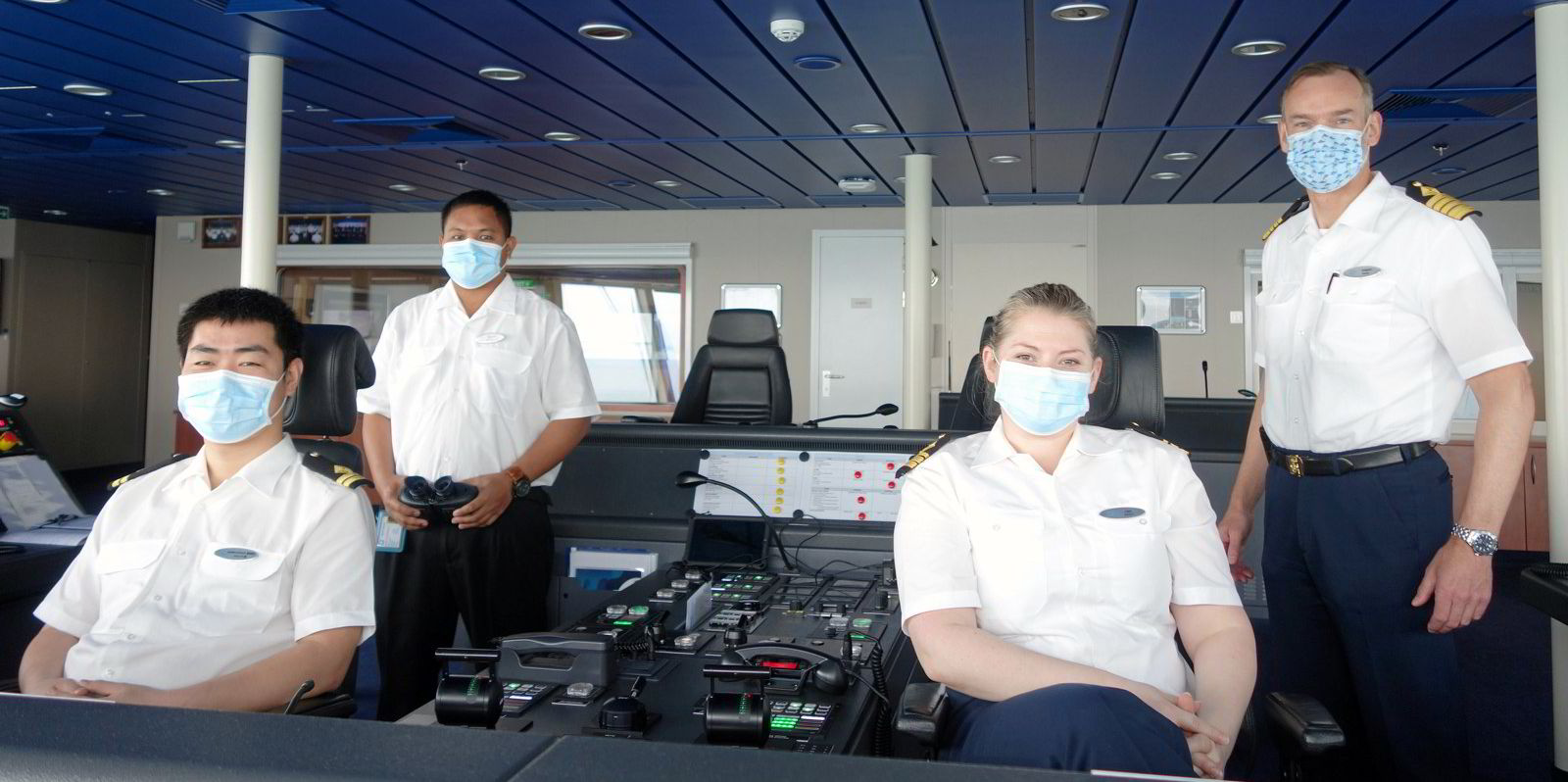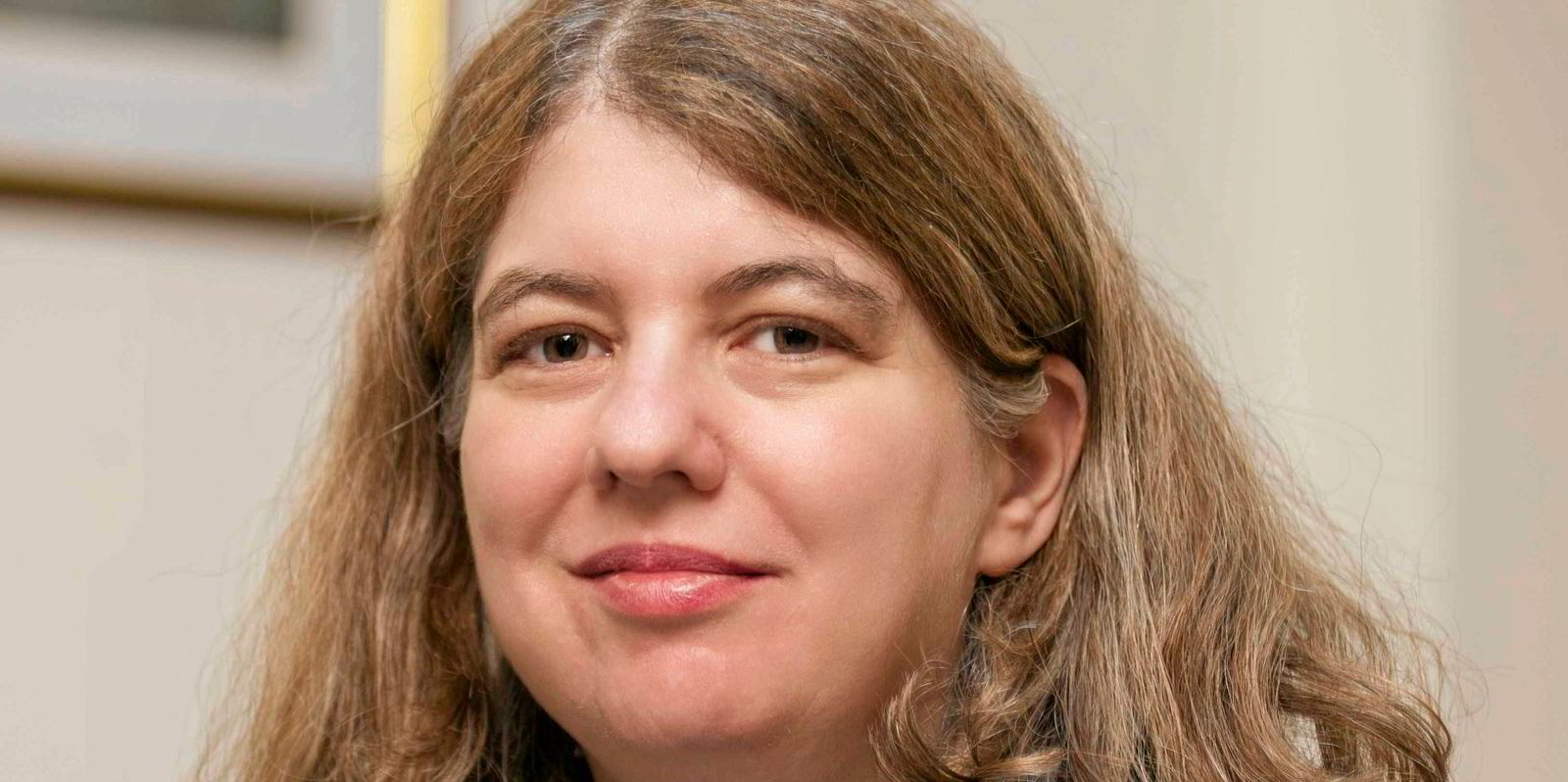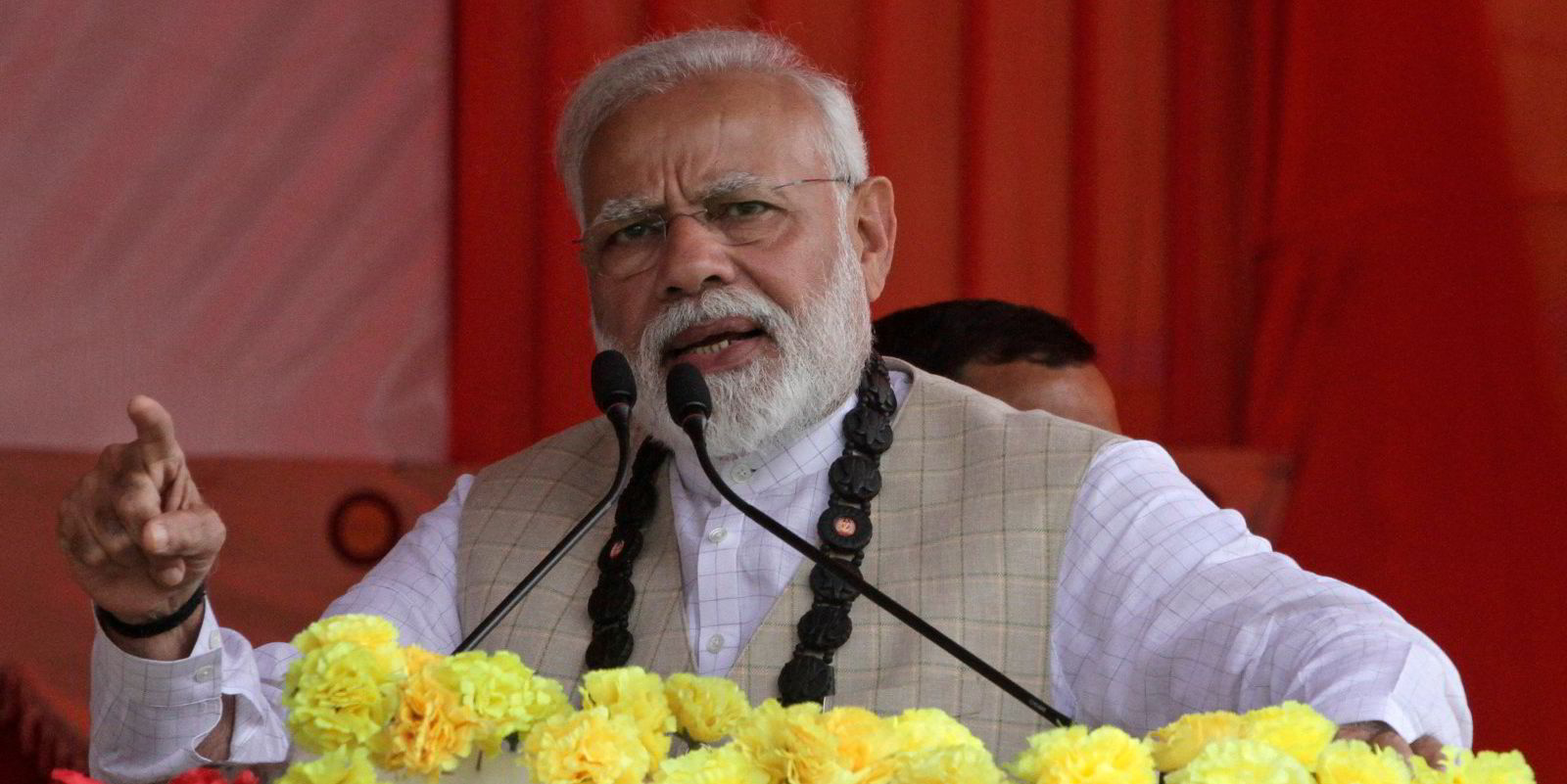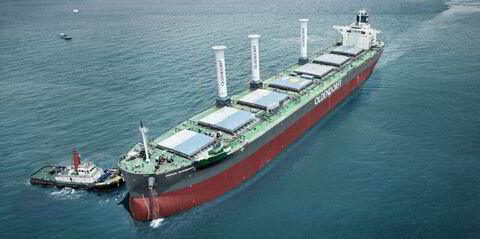Genting Cruise Lines has begun vaccinating Taiwan-based crew members working on board a ship in its Dream Cruises brand.
The industry has been calling for the vaccinating of seafarers against Covid-19 since national vaccination programmes began to roll out at the end of 2020.
However, ship managers said vaccinating crews before they join vessels should still be a priority if effective protection is to be achieved globally.
The crew of the 75,300-gt cruiseship Explorer Dream (built 1999) began receiving their first vaccination shots in Keelung last Friday.
Dream Cruises crew members and shore staff were vaccinated at the Keelung Hospital of the Ministry of Health & Welfare. The shots will be given in three batches during the ship’s regular weekly calls at the port.
Kent Zhu, president of Genting Cruise Lines, said this was possible because Taiwan's Central Epidemic Command Center had accommodated the crew as part of its larger vaccination programme.
The Explorer Dream, like many cruiseships that have resumed sailing, operates short cruises that are considered domestic voyages, as no foreign ports of call are included in the itineraries.
The circumstances are different for the rest of the shipping industry.
International challenges
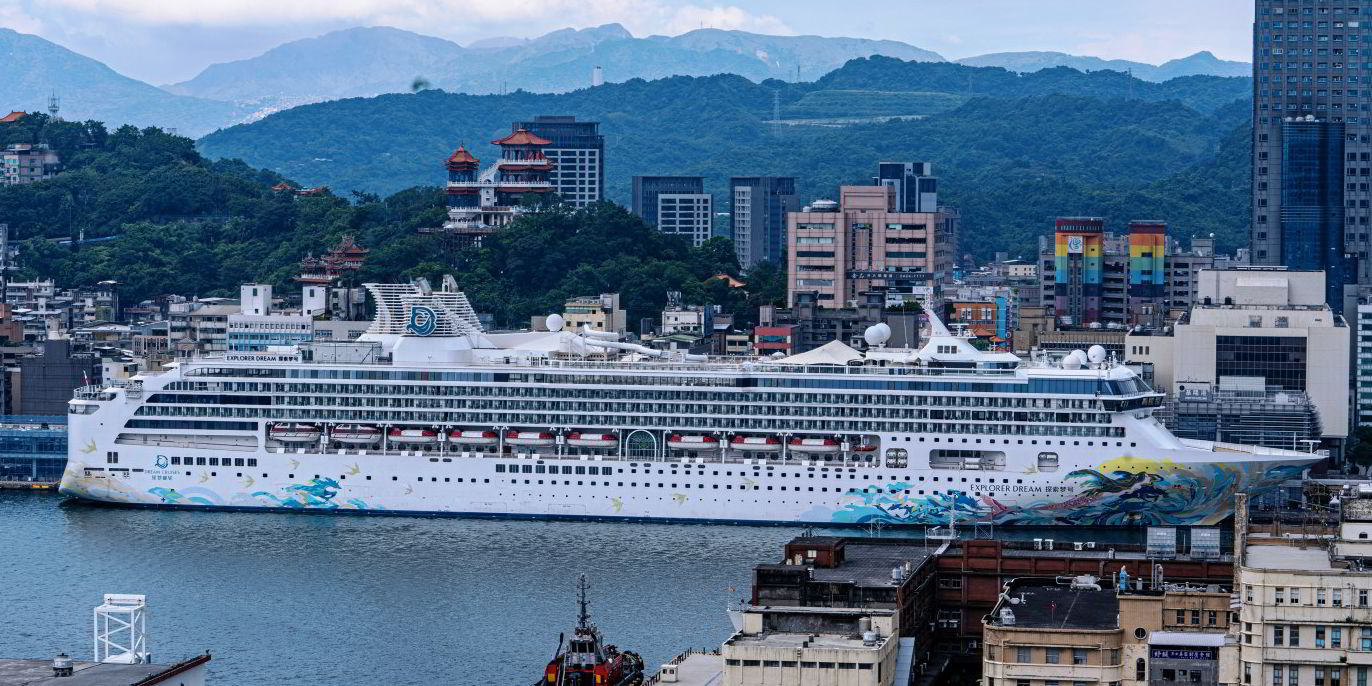
Wilhelmsen Ship Management president and chief executive Carl Schou told TradeWinds that while in-port vaccinating of crews of vessels that operate fixed short-haul itineraries is easy to accomplish, it is more challenging on ships operating in long-distance trades or on ad hoc schedules.
It is therefore still imperative that seafarers be vaccinated before joining a ship.
Schou, while not commenting specifically on Genting's vaccination programme, said that vessels trading worldwide present a challenge even if seafarers can obtain vaccines during port calls.
Cruiseships on fixed schedules can time their vaccination regimes so that the second dose required by almost all the vaccines currently approved for use can be administered at the appropriate time.
The long, uncertain nature of the voyages that many ships operate would make scheduling the second shot difficult in terms of timing and vaccine type consistency.
Schou noted that even if a company could obtain its own private supply of vaccines, ships would have to carry a licensed healthcare professional to administer it.
The industry has long argued that seafarers are frontline workers, so countries that get significant foreign currency earnings from their seagoing workforce should put them at the head of the queue.
Global vaccine supplies are tightly controlled by governments and administered according to the priorities of national vaccination programmes.
Some governments are finally listening. On 12 April, the Maritime Industry Authority announced that the Philippines had included its nearly 731,000 registered international and domestic seafarers in the top four priority groups of its national vaccination roll-out.
India followed suit on 28 April when Prime Minister Narendra Modi decided to immediately open up vaccinations to the country’s seafarers.
